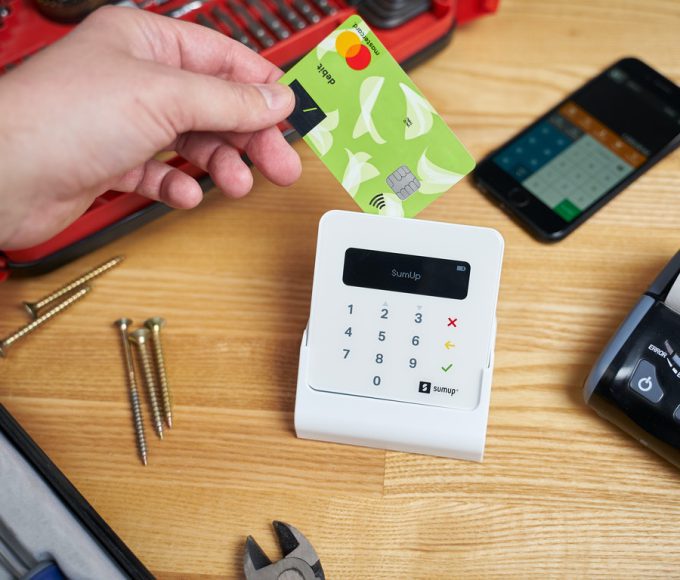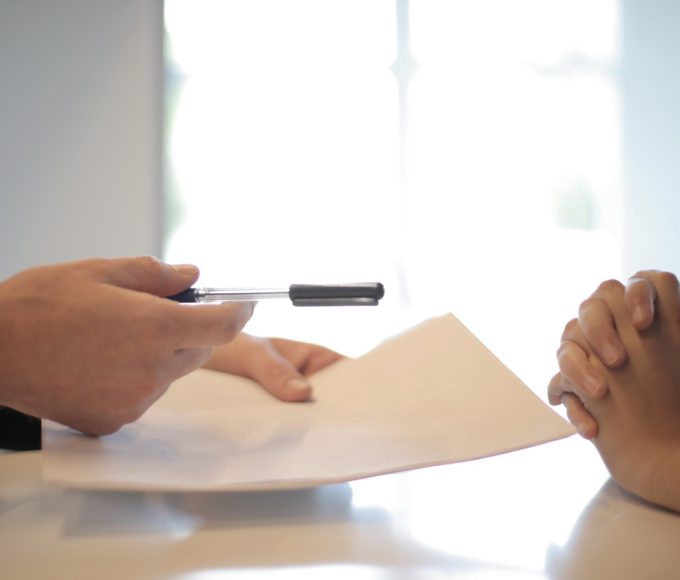Ever since the COVID-19 pandemic, remote work has become the new normal. While working from home offers a level of comfort and flexibility, it also comes with its own set of difficulties, especially when it comes to taxes. With tax season just around the corner, work-from-home employees must understand the tax implications of their remote work setup. Continue reading for tax tips.
Tax Tip 1
While some companies let their employees work from home, you can’t claim tax expenses if you’ve been employed by the organization. On the contrary, if you were self-employed during the tax year, you can deduct home office expenses from your taxes. Home-related expenses, such as property taxes, homeowners insurance, utilities, and mortgage interest, can be deducted. You could also claim this deduction if you use your home as a daycare facility.
Tax Tip 2
To claim any expenses as a deduction on your taxes, it’s important to keep accurate records. The IRS recommends maintaining a written record or log book to avoid any confusion about your deductions. You should also keep proof of payment for any expenses that you claim. This proof can be a credit card statement, bank statement, canceled check, or itemized receipt.
If you paid in cash, ensure the receipt includes the payee’s name, date of payment, and amount. Keep copies of all tax-related documents and items, including invoices, receipts, tax forms, or any other supporting documents for at least three years. Digital records are acceptable as long as you can retrieve them if required.
Tax Tip 3
If you qualify for home office deductions on your taxes, you can choose between simplified and direct methods. The simplified method is straightforward and involves deducting $5 per sq foot of your home office and a maximum of 300 square feet or $1,500.
This method helps reduce your record-keeping burden. On the other hand, the direct method requires more calculations but may result in a larger deduction.
Tax Tip 4
If you want to increase your home office deduction, consider using the direct method. It involves keeping track of all your home office expenses and any costs related to repairing and maintaining the workspace. Additionally, you can claim a deduction for a portion of other expenses based on the proportion of the home office space to the rest of your residence.
Mortgage or No Mortgage: How To Decide?
For many people, buying a home is one of the biggest investments they’ll ever make. One of the most important decisions when buying a home is taking out a mortgage or paying for the property in full. Both options have pros and cons, and deciding which path to take can be challenging. This article will explore what you should consider when deciding whether to take out a mortgage or pay for a home in cash.
Benefits of Having a Mortgage
-Credit score boost
Having a mortgage and making monthly payments can improve or maintain your credit score.
-Good debt
A mortgage is considered a “good” debt.
-Frees up money for other purposes
You might need a large sum of cash in order to pay off your mortgage early. If you pay your mortgage monthly, you could put that sum to other, possibly better, uses or goals.
-Tax benefits
You’re eligible for a mortgage interest deduction as long as you pay your mortgage.
Drawbacks of Having a Mortgage
-Debt
Many people try to be completely free of debt. A mortgage is a huge debt to take on, which can make some people uncomfortable.
-Paying interest
When paying a mortgage, most of your funds will go towards the interest. Some might view that as money wasted, as it’s not yet paying off the mortgage.
-Rate change is possible
If you have yet to opt for a fixed-rate mortgage, you could risk your loan’s interest rate increases over time.
How to Make the Right Decision
Apart from serving as an alternative for those who are unable to purchase a home, opting for financing opens the possibility of reducing the mortgage interest. While this deduction doesn’t decrease monthly payments, it reduces the overall expenses by lowering your income taxes for the year.
The problem with paying in cash is that your liquidity is limited. Owning a home without a mortgage isn’t as good as you think. The cash you used to buy the home is now money that can’t be spent on investing, starting a business, or paying for an education.












